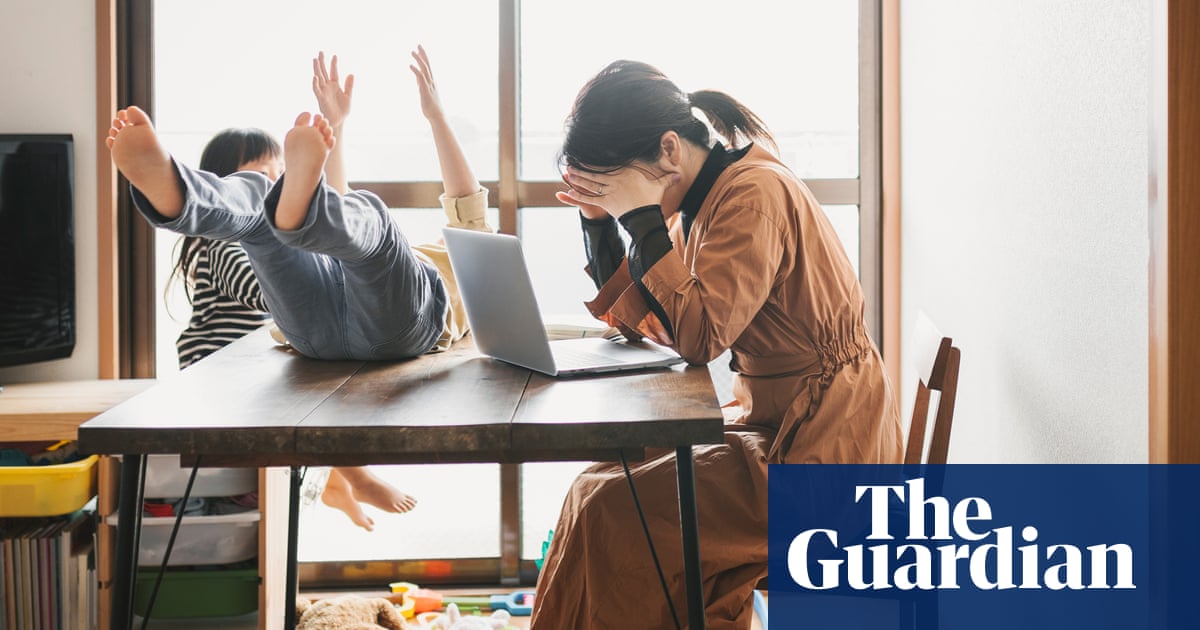
Everything we know about the restrictions so far
Coronavirus – latest updates
See all our coronavirus coverage
Coronavirus lates: at a glance
Britain is now in lockdown, and all non-essential businesses must close.
But many questions remain after Monday night’s historic broadcast by the prime minister with many people unsure what they can and cannot do, or which businesses are essential and non-essential.
Britain is now in lockdown, and all non-essential businesses must close.
But many questions remain after Monday night’s historic broadcast by the prime minister with many people unsure what they can and cannot do, or which businesses are essential and non-essential.
Interviews with cabinet members over the past 12 hours have shed some more light on the lists of things we can and cannot do.
How long does lockdown last?
At least three weeks.
What remains open?
Parks.
Supermarkets.
Food shops.
Health shops.
Pharmacies, including non-dispensing chemists.
Petrol stations.
Bicycle shops.
Home and hardware stores.
Laundrettes and dry cleaners.
Car rentals.
Pet shops.
Corner shops.
Newsagents.
Post offices.
Banks.
Ordered to close
Restaurants and cafes (exceptions: they can offer food delivery and takeaways).
Workplace canteens (exceptions: canteens in hospitals, care homes, schools, prisons and military canteens, services providing food or drink to the homeless).
Pubs.
Bars and nightclubs, including bars in hotels and members’ clubs.
Hair, beauty and nail salons.
Piercing and tattoo parlours.
Massage parlours.
Auction houses.
Car showrooms.
Caravan parks/sites for commercial use (exceptions: parks where people live permanently, or those used by people as interim abodes where their primary residence is not available).
Libraries.
Playgrounds.
Outdoor gyms.
All shops selling non-essential goods, including clothing and electronic stores.
Community centres, youth centres (exceptions: halls may remain open to host essential voluntary or public services such as food banks and facilities for homeless people).
Churches, mosques and places of worship (exceptions: they can remain open for “solitary prayer”, for funerals with social distancing – the mourners two metres apart – and for live-streaming).
Cinemas (exceptions: live-streaming of a performance if the group of workers exercise social distancing).
Museums and galleries.
Bingo halls.
Casinos and betting shops.
Spas.
Skating rinks.
Gyms.
Swimming pools.
Playgrounds.
Enclosed spaces in parks, including tennis courts and pitches for football, bowling etc, and outdoor gyms (equipment could become contaminated by human touch).
Prisons in England and Wales are closed to visitors.
Services, free movement and work that can continue (according to written government guidance and interviews in past 12 hours)
You should not:
Visit friends in their home.
Meet family members who do not live in your home.
Leaving home
Going out for these reasons is allowed, but limited:
Shopping for basic necessities: “as infrequently as possible”.
Taking one form of exercise a day, for example, a run, walk, or cycle: alone or with members of your household.
Dog walking is permitted as part of the exercise people can take per day. Households with two or more members can take it in turns to walk their dog so the dog gets more than one walk a day.
To look after any medical need, to provide care, or to help a vulnerable person.
To donate blood.
Children aged under 18 with separated parents can visit both homes.
To travel to and from work, “but only where this is absolutely necessary and cannot be done from home”.
For essential work (listed here), including work on construction sites, although there have been conflicting instructions. The housing secretary, Robert Jenrick, said: “If you are working on site, you can continue to do so. But follow Public Health England guidance on social distancing.”
However, the London mayor, Sadiq Khan, has said building workers should not be going to work today unless they are working for safety reasons.
Emergency callouts, but social distancing of two metres must be observed. The minister for the Cabinet Office, Michael Gove, gave the example on BBC Radio 4 of a plumber called out to fix an elderly person’s boiler.
Online shopping.
Social events that are banned
Weddings.
Baptisms and other events, including sporting events.
Visiting family members you do not live with.












